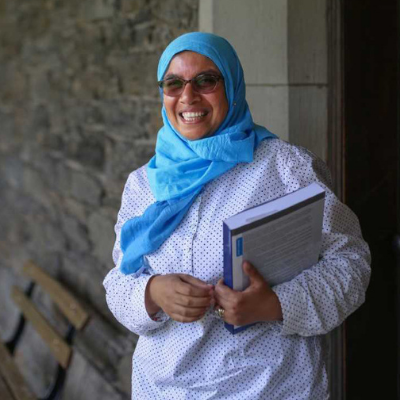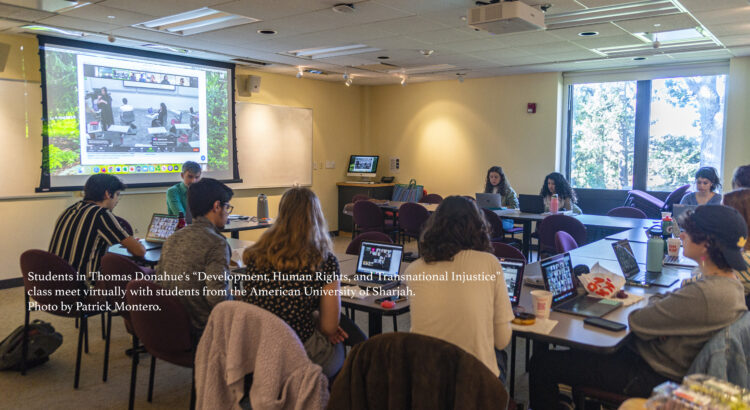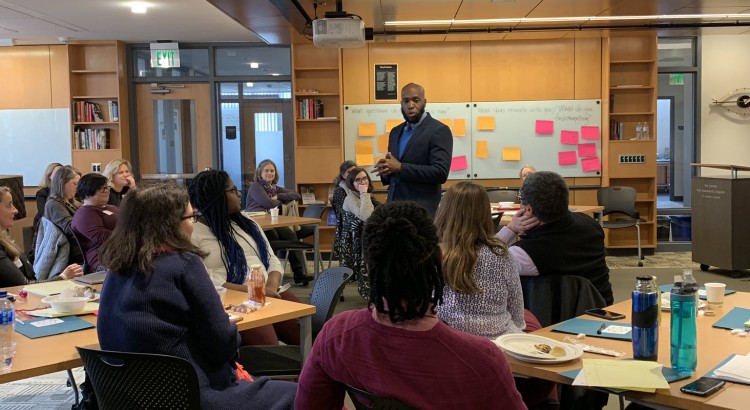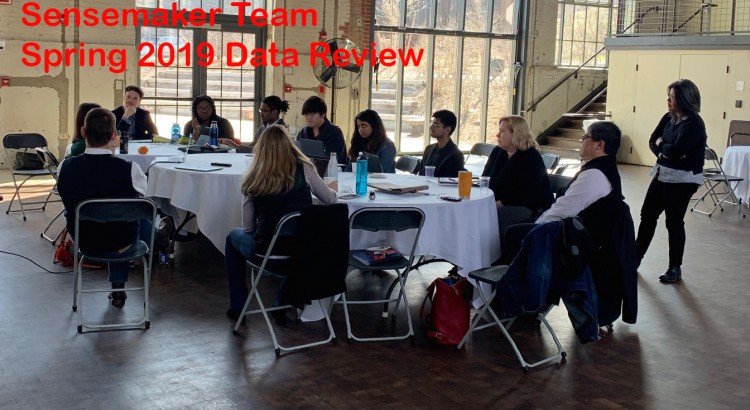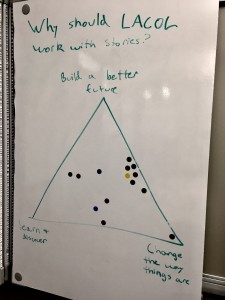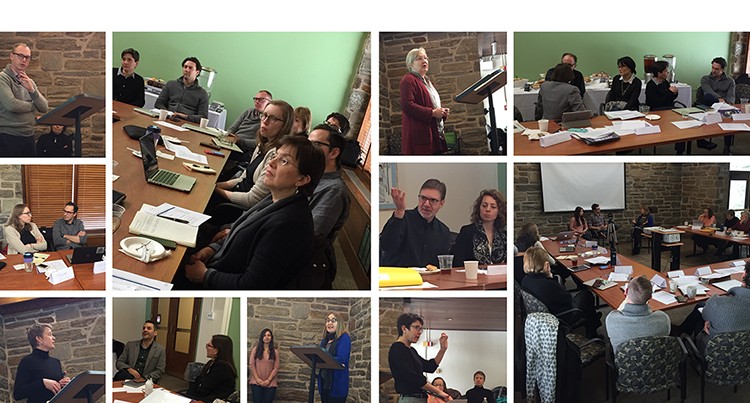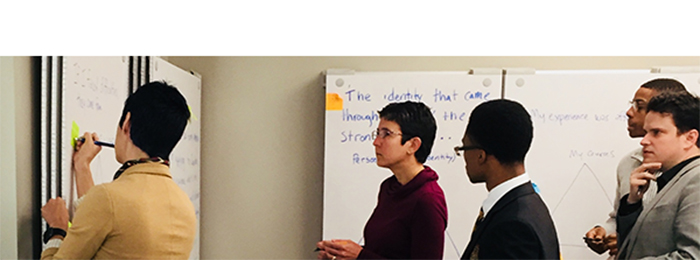By T. Donahue-Ochoa, Visiting Asst Professor of Political Science, Haverford College, M. Darwish, Lecturer and Coordinator of Bi-Co Arabic Program, Bryn Mawr and Haverford Colleges, and E. Hartman, Executive Director of the Center for Peace and Global Citizenship, Haverford College.
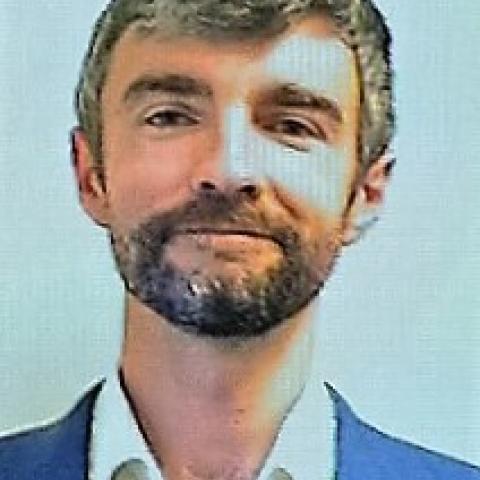
At Haverford and Bryn Mawr, many students and faculty are co-creating an ocean-spanning online exchange. It’s called “the Transformative Sustainability Project.” In it, these scholars work with peers in the Persian Gulf on some of the world’s largest questions. How can we join cross-regionally to sustain our communities? How can we use the UN Sustainable Development Goals as shared yardsticks of progress? To answer, the peer groups divide into teams spanning the Philly suburbs and Sharjah in the United Arab Emirates. As they tackle these problems, they swap their localized perspectives. For a time, they see the issues from the standpoint of 7,000 miles away.
With funding from the Stevens Initiative, the Project partners colleagues at Haverford and Bryn Mawr, Dickinson College in Carlisle PA, and American University Sharjah (AUS). It matches seven Pennsylvania-based faculty with six at AUS. The faculty duos work across disciplines in teaching paired courses. These aim to foster ties across cultures and empathy for differences. All course pairs hold several joint meetings. They also group their students into the ocean-spanning teams. Each of those does a term-long assignment on local and global efforts to sustain communities.
We can learn a lot by giving up our North Atlantic viewpoints for a while, instead seeing things from the Persian Gulf.
– – Prof. T. Donahue-Ochoa, Haverford College
Three Haverford-Bryn Mawr faculty currently work on the Project. In the spring, Manar Darwish will offer the course, “Society and Culture of the Middle East through Film.” “Its horizons will be widened by our Sharjah partners,” says Darwish. Meanwhile, Eric Hartman is now teaching “Human Rights in Philadelphia and Pennsylvania in a National and Global Context.” And Tom Donahue-Ochoa is offering “Development and Transnational Injustices” and “Comparative and Transnational Studies.” They’re pairing those courses with AUS counterparts offered by Salma Thani and Kristina Katsos.
